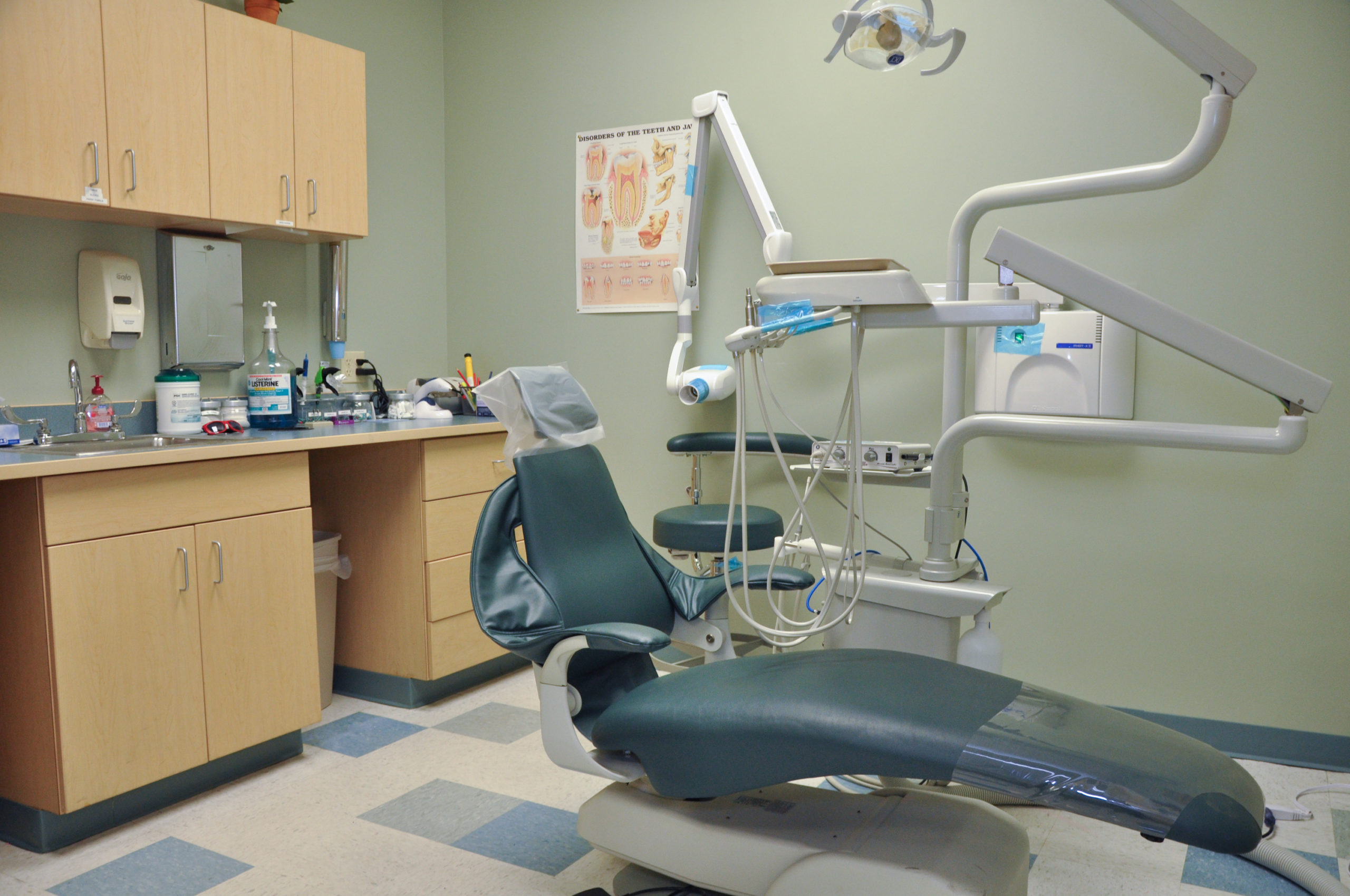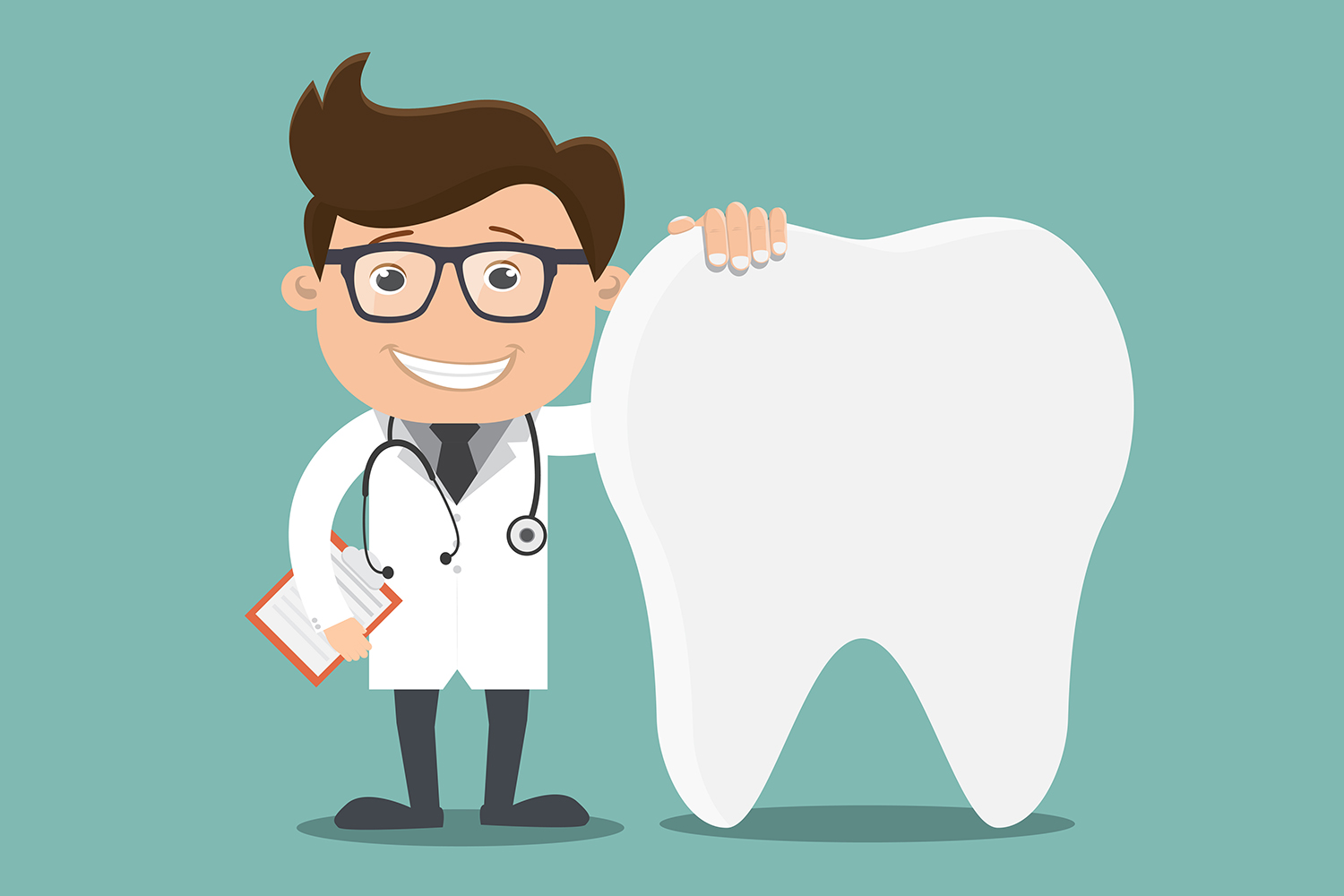Important Dental Care Procedures for Maintaining Healthy Teeth and Gums
Maintaining optimum oral wellness is critical for overall well-being, and understanding important oral care procedures is the very first step toward achieving this objective. Regular specialist cleanings and dental examinations play a critical role in the very early discovery of prospective concerns, while daily methods such as brushing and flossing are basic for combating plaque and food bits. Moreover, nutritional options significantly influence the wellness of teeth and periodontals. As we discover these procedures and their effects, it becomes noticeable that overlooking any kind of element may bring about unanticipated difficulties. What other aspects should be considered for extensive dental treatment?
Regular Dental Exams
Normal oral examinations are important for preserving ideal oral health and avoiding prospective problems. These appointments generally happen every six months and offer numerous objectives, consisting of the early detection of dental troubles such as dental caries, gum tissue condition, and dental cancer. By recognizing these concerns at their start, clients can gain from much less intrusive therapies and improved end results.

In addition, regular examinations give a possibility for dental experts to offer tailored recommendations on dental health practices, nutritional choices, and way of life adjustments that can improve general oral health and wellness. Establishing a routine of routine exams promotes a proactive technique to dental care, equipping people to organize their dental health and inevitably leading to a brighter, healthier smile. Disregarding these crucial visits can result in more extreme difficulties, underscoring their significance in preventative dental treatment.

Specialist Cleanings
A crucial component of maintaining oral health and wellness is the professional cleaning executed by a dental hygienist. These cleanings, commonly suggested every six months, are vital for the prevention of oral concerns such as cavities and gum disease. Same Day Crowns. Throughout a professional cleaning, the hygienist uses specialized tools to remove plaque and tartar build-up from the teeth and along the periodontal line, locations that routine cleaning might miss
The treatment begins with a thorough exam of the mouth. Following this, the hygienist uses a scaler to thoroughly scrape away set plaque. This is typically complied with by a polishing treatment with an abrasive tooth paste, which helps to get rid of surface stains and smooth the enamel. Lastly, the hygienist might apply a fluoride treatment to strengthen the teeth and give extra defense against degeneration.
Expert cleanings not only improve the aesthetics of your smile but additionally considerably add to total oral health. They enable very early detection of possible problems, making it possible for prompt intervention. By focusing on these cleansings, people can make certain that their oral health regimen is complemented by specialist care, eventually resulting in much healthier teeth and gums.
Daily Cleaning Techniques
Effective daily brushing strategies are crucial for keeping optimum oral health. Cleaning your teeth Continued at the very least two times a day, ideally in the early morning and prior to going to bed, is vital for removing plaque and protecting against dental caries. Pick a soft-bristled tooth brush that fits easily in your hand and allows very easy access to all locations of your mouth.
When brushing, hold the tooth brush at a 45-degree angle to your periodontals. This placement assists to clean up not only the teeth however additionally the gumline, where plaque can collect.
Do not fail to remember to comb the internal surfaces of your teeth, along with your tongue, to eliminate germs and freshen your breath. Change your tooth brush every three to 4 months or quicker if the bristles are torn. Furthermore, consider making use of fluoride toothpaste to enhance enamel and lower the danger of degeneration. Establishing a consistent brushing regimen will considerably add to the long-term health and wellness of your teeth and gums.
Reliable Flossing Approaches
Flossing is an important component of an extensive oral hygiene routine, playing an essential duty in removing food particles and plaque from locations that a tooth brush can not reach. Reliable flossing techniques can considerably enhance the health and wellness of your teeth and periodontals, avoiding tooth cavities and periodontal condition.
To go to website start, use around 18 inches of oral floss, winding completions around your middle fingers, permitting for better control. Hold the floss tightly in between your thumbs and forefinger, delicately guiding it between your teeth with a sawing movement. Stay clear of snapping the floss, as this can create gum tissue damage.
Once the floss gets to the gum tissue line, contour it right into a C form against one tooth and slide it under the periodontal line carefully, ensuring to clean both sides of the tooth. Repeat this process for every tooth, using a clean section of floss as you relocate from one tooth to the next.
It is a good idea to floss at least daily, preferably before brushing, to make the most of plaque elimination. Integrating effective flossing strategies right into your dental hygiene regimen will certainly add to overall dental health, making it a vital practice for keeping healthy and balanced teeth and gum tissues.
Nutritional Considerations for Oral Health
Countless researches demonstrate that nutritional considerations play a crucial duty in keeping oral wellness and avoiding oral problems. A healthy diet regimen abundant in necessary nutrients is fundamental for the advancement and maintenance of healthy and balanced teeth and gums. Trick vitamins and minerals, such as phosphorus, calcium, and vitamin D, add considerably to the toughness of tooth enamel and the general integrity of the dental tooth cavity.
Foods high in anti-oxidants, like vegetables and fruits, improve periodontal wellness by minimizing inflammation and combating oxidative anxiety. Moreover, appropriate hydration is essential; water not just aids in the production of saliva, which counteracts acids and washes away food fragments, yet additionally aids in keeping a balanced dental microbiome.
On the other hand, too much consumption of acidic and sweet foods can result in dental cavity and erosion. Restricting these foods, along with check out here exercising good oral hygiene, is necessary for dental wellness. In addition, integrating foods high in fiber can promote saliva manufacturing, which is advantageous for dental wellness. Hence, a holistic method that consists of mindful dietary choices can substantially add to the prevention of oral troubles and the promo of overall dental wellness.
Conclusion

These consultations typically occur every 6 months and serve several functions, including the early discovery of oral troubles such as dental caries, gum tissue illness, and oral cancer.Throughout a check-up, an oral expert carries out a complete exam of the teeth, gum tissues, and bordering dental frameworks.In addition, normal exams supply a chance for dental professionals to use customized suggestions on dental hygiene methods, dietary options, and way of life modifications that can enhance general dental wellness.In recap, preserving healthy teeth and gums necessitates adherence to essential oral treatment procedures. Normal specialist cleansings and oral examinations help with early detection of oral problems and the elimination of plaque and tartar, specifically.